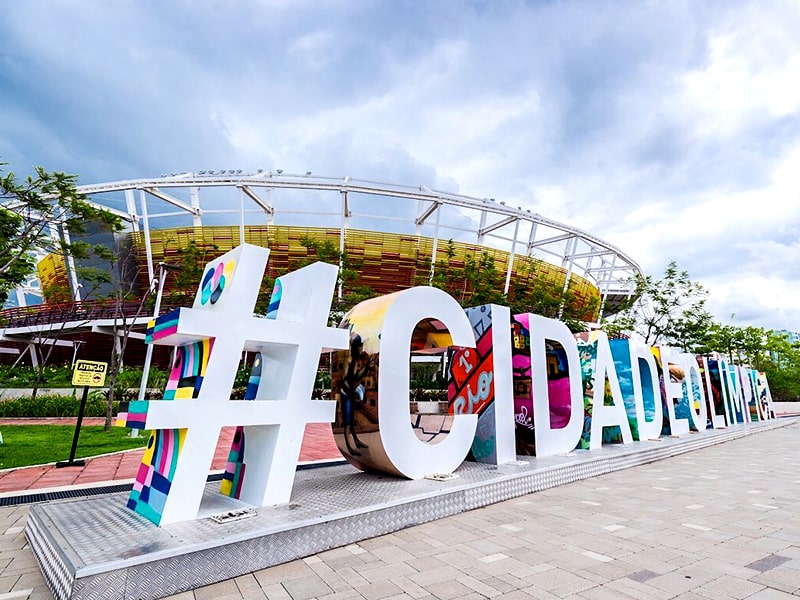The 2016 Rio Olympic Games venues in Brazil will be closed to the public over safety issues. A directive in this regard was given by a Brazilian court recently.
The Rio Games – the first to be held in South America – had come in for a lot of flak over steep costs and it is alleged that the construction sites’ construction was a huge scam. It is estimated to be around $12.5 billion.
In 2017, the cost of hosting it was estimated at around $15bn (£11bn in current figures).
A Rio de Janeiro judge gave the ruling that the grounds should be closed following a request from the Rio prosecutor’s office that all major events at the arenas should be banned until the authorities concerned are convinced that the facilities are again high on the safety quotient.
The judge said the decision has been taken to “preserve the security of the population”, taking cognisance of the fact that thousands of people throng the venues for concerts or exhibitions.
“This situation, in sites damaged by the lack of surveillance and with thousands of people present, can lead to tragedies,” Judge Eugenio Rosa de Araujo stated.
Rio’s Mayor’s office said the city would appeal the ruling. As per the prosecution, the federal entity responsible for managing the infrastructure of the Games “expired last June, which contributed to the state of abandonment of the premises, with equipment and electric cables stolen”.
The judge said the city authorities have not vouched as regards the safety guarantees of the Olympic Park to hold public events.
In 2016, the site hosted basketball, swimming and tennis competitions. It is now used for concerts and other events. The maintenance is very poor.
The Olympic Park in the western Barra da Tijuca neighborhood is a sprawling complex that includes a velodrome, aquatics and tennis centers and several arenas. It is now a public park, and hosts events including music festivals and e-sports tournaments.
Much before the Games were held, critics warned that the sites were too huge and would be very expensive to maintain in the long term, and would soon become “white elephants” like several of the arenas built in Brazil when it hosted the World Cup in 2014.
The federal Government runs most of the venues while some are administered by the city authorities, the Brazil Olympic Committee and private companies.
The city’s fire brigade said the facilities had all the necessary documents for events to be held.
Continue to follow Coliseum for latest updates on venues business news. Coliseum is dedicated towards building the best global community of sports and entertainment venue executives and professionals creating better and more profitable venues.
